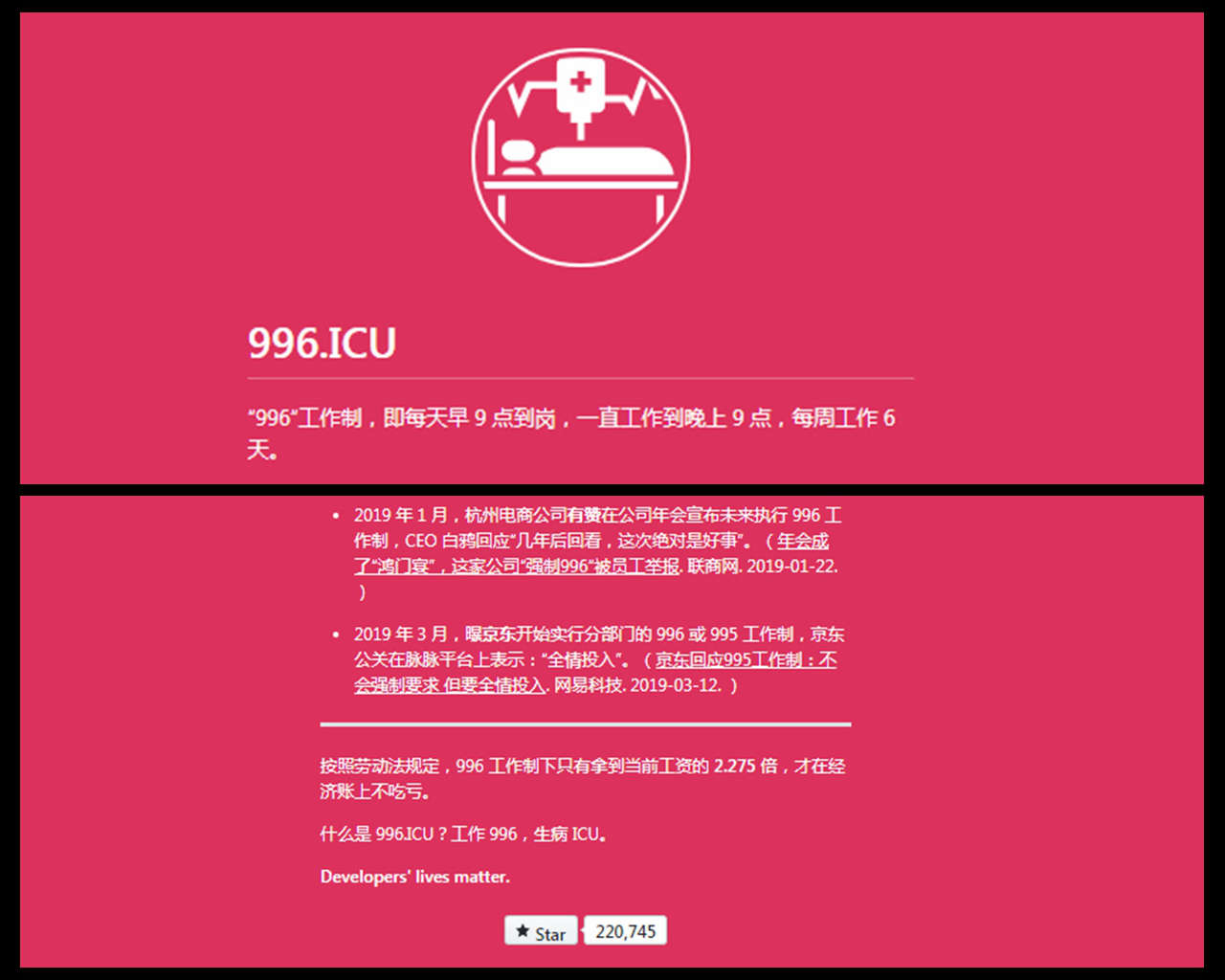

Recently, ByteDance, which runs the popular short video app TikTok, introduced a “big/small week” policy, where most of its employees now work a six-day week only every other week. Indeed, it becomes news when a Chinese firm deviates from it. schedule, six days a week) is an unwritten rule for many tech firms in China. Where things get murky is the expectation of long workdays for what Vickers calls “the vital many,” or nonexecutive employees.

That’s particularly true for any executive with responsibilities-or bosses-in different geographies or time zones, says Fiona Vickers, a Korn Ferry senior client partner who has placed Europe- and US-based professionals for Chinese tech firms. Many leaders would agree that long hours and even round-the-clock accessibility are necessary for the modern-day executive. Ma’s comments are one side of a debate about work hours that’s percolating across factory floors in China, retailers in Europe, tech firms in the United States, and organizations everywhere else. “Compared to them, up to this day, I still feel lucky, I don’t regret, I would never change this part of me.” “If you don’t put out more time and energy than others, how can you achieve the success you want?” Ma wrote. In a recent and highly noticed blog, Jack Ma, cofounder of the tech giant Alibaba and one of the world’s richest men, said young people should consider it a “huge blessing” to work 12-hour days, six days a week. But the debate on how many hours they should put in just heated up a bit. All leaders want their employees to be engaged, enthusiastically plowing through work and innovating, not even recognizing that the workday has flown by.


 0 kommentar(er)
0 kommentar(er)
